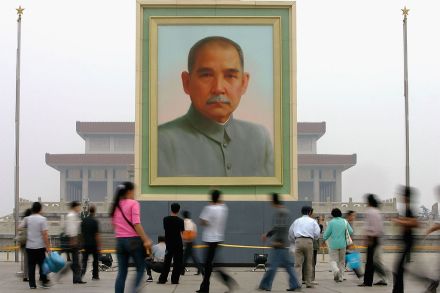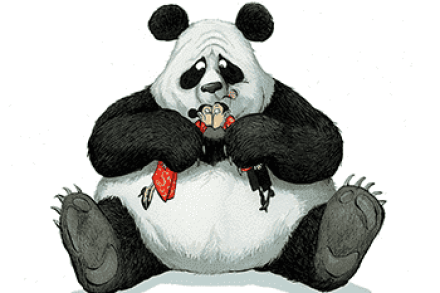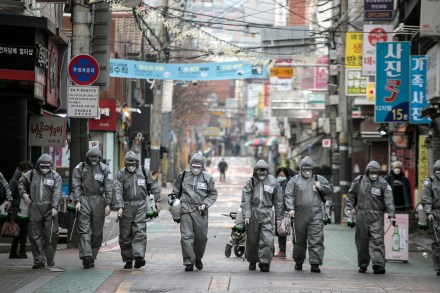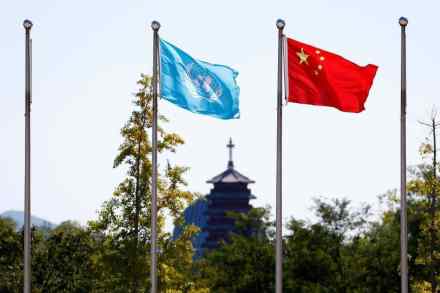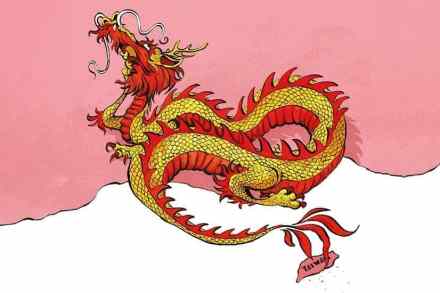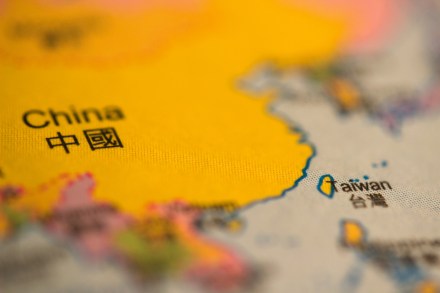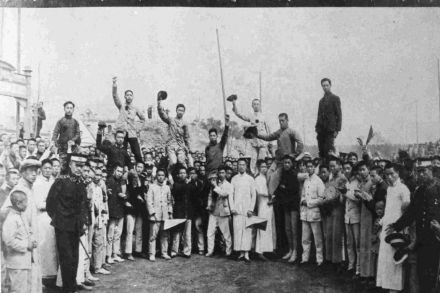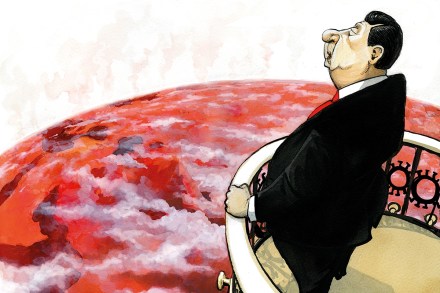China is wary of American intentions
In 2024, China exported three times more to the US than the US did to China, and President Donald Trump’s aim is to get this trade balance down to zero. On ‘Liberation Day’, Wednesday 2 April, Trump announced that Chinese goods coming into the US would now have an additional tariff of 34 per cent


